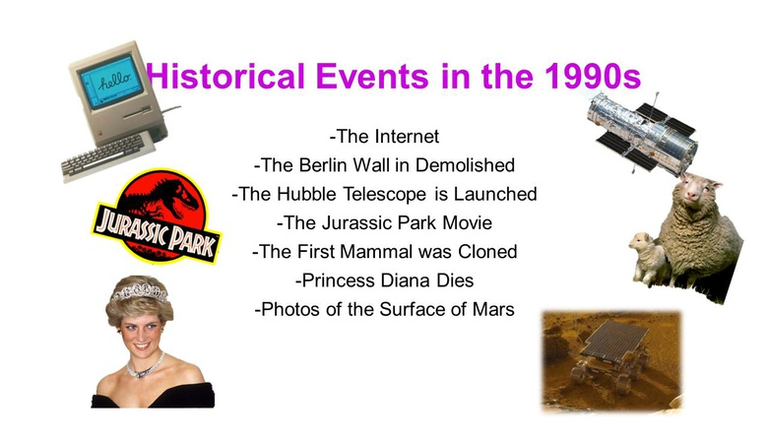The 1990s was a transformative decade, filled with cultural shifts, technological advancements, and historical events that shaped the world as we know it today. While many people remember the '90s for the music, fashion, and pop culture, there were also significant events and facts that many might not be familiar with. Here are 10 surprising historical facts from the '90s that you probably didn’t know.
1. The First Text Message Was Sent in 1992
While we can’t imagine life without texting today, the first SMS (Short Message Service) was sent in December 1992 by Neil Papworth, a software engineer. The message read, "Merry Christmas," and was sent from a computer to a mobile phone. Fast forward to today, and texting has evolved into a major form of communication globally.

2. The Hubble Space Telescope Changed Our View of the Universe
Launched in 1990, the Hubble Space Telescope was a groundbreaking tool for astronomers. Despite initial setbacks, including a flaw in its mirror, it provided stunning images of distant galaxies, nebulae, and planets. Hubble's images helped confirm the existence of dark energy and expanded our understanding of the universe.
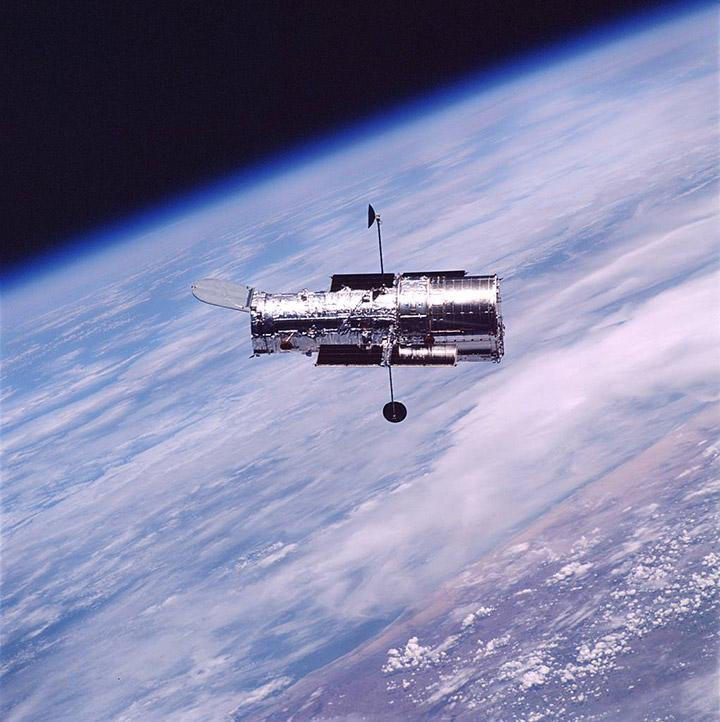
3. The First Website Was Created in 1991
The internet as we know it today wouldn’t have been possible without the creation of the first website, launched by Tim Berners-Lee in 1991. The website, which was hosted at CERN, was a simple page explaining the World Wide Web project. This marked the beginning of the internet revolution.
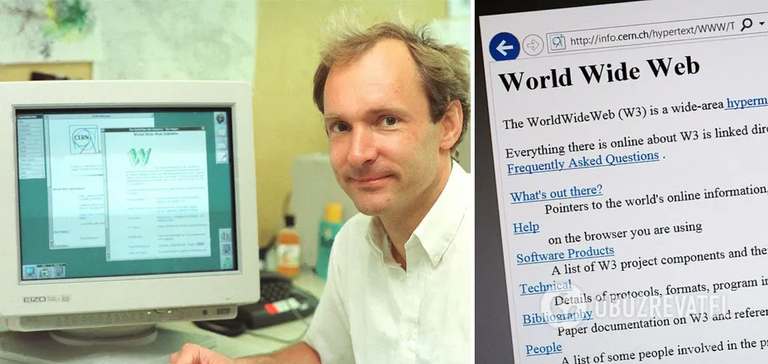
4. The 1992 LA Riots Led to Major Social Changes
The 1992 Los Angeles riots were sparked by the acquittal of police officers who had been filmed beating Rodney King. The riots led to widespread protests and violence, resulting in over 50 deaths. This tragic event brought issues of police brutality and racial inequality to the forefront of American society, prompting discussions and calls for change.
5. The Berlin Wall Fell in 1989, but the Effects Were Felt Throughout the '90s
While the Berlin Wall officially fell in 1989, the reunification of Germany and the broader collapse of the Soviet Union were major events of the early 1990s. The fall of the Iron Curtain led to the expansion of the European Union and NATO, radically changing the political landscape of Europe.
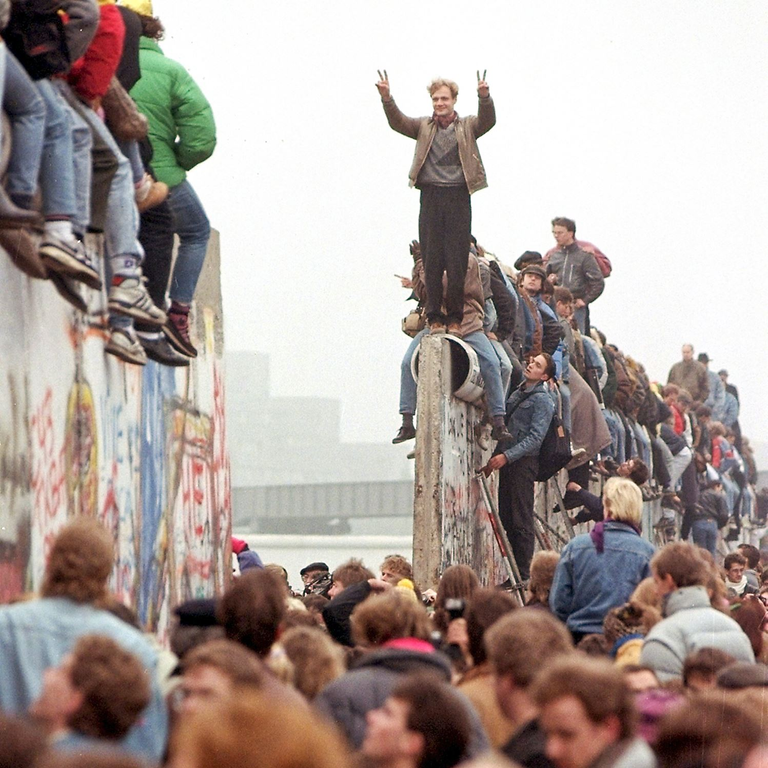
6. The Rise of the 'Dot-Com Boom'
The 1990s saw the rise of the dot-com era, which was a period of rapid growth for internet-based companies. Companies like Amazon, eBay, and Google began to make their mark, and the stock market saw a dramatic surge in the value of technology stocks. This was a precursor to the tech boom that would dominate the 2000s.
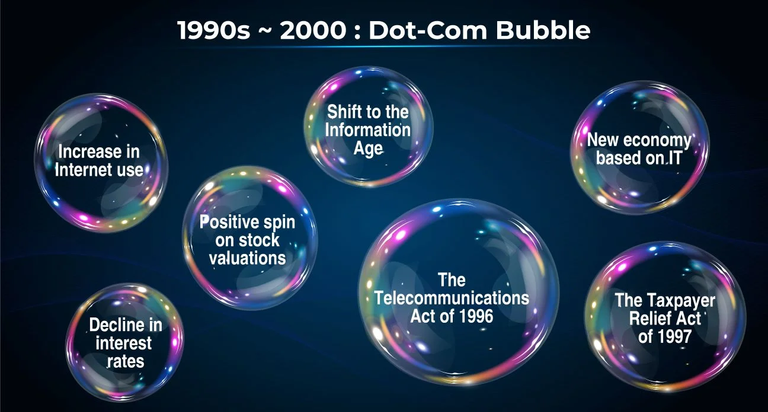
7. The “Y2K Bug” Created Worldwide Panic
As the year 2000 approached, the world braced for the Y2K bug, a fear that computers would misinterpret the year "00" as 1900 rather than 2000, leading to widespread system failures. While the bug had a minimal impact, the anticipation of potential disaster became a global phenomenon, with governments and businesses investing heavily in preventing it.

8. The Oklahoma City Bombing in 1995
On April 19, 1995, the Alfred P. Murrah Federal Building in Oklahoma City was bombed, killing 168 people. This attack, orchestrated by Timothy McVeigh, remains the deadliest act of domestic terrorism in U.S. history. The bombing shocked the nation and led to increased security measures in government buildings.
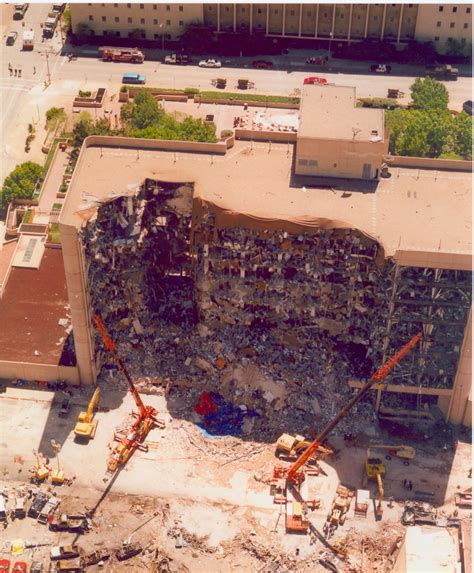
9. Dolly the Sheep Was the First Cloned Mammal
In 1996, a sheep named Dolly was cloned at the Roslin Institute in Scotland, marking a major breakthrough in genetics. Dolly's birth sparked a debate about the ethics of cloning and the potential for cloning humans, and it remained a significant milestone in scientific research.

10. The Rise of the Personal Computer
The 1990s saw the personal computer become an essential tool in households and offices. Companies like Microsoft and Apple were at the forefront of this revolution, with Windows 95 and the first iMac helping bring computers into the mainstream. By the end of the decade, the PC had become a central part of daily life.
Conclusion
The 1990s were a time of major change and development. From the advent of the internet to the rise of technology, the decade laid the foundation for the digital age we live in today. While the 90s are often remembered for pop culture, these historical facts show that it was a decade of significant global change that shaped our modern world in ways we may not fully appreciate.
